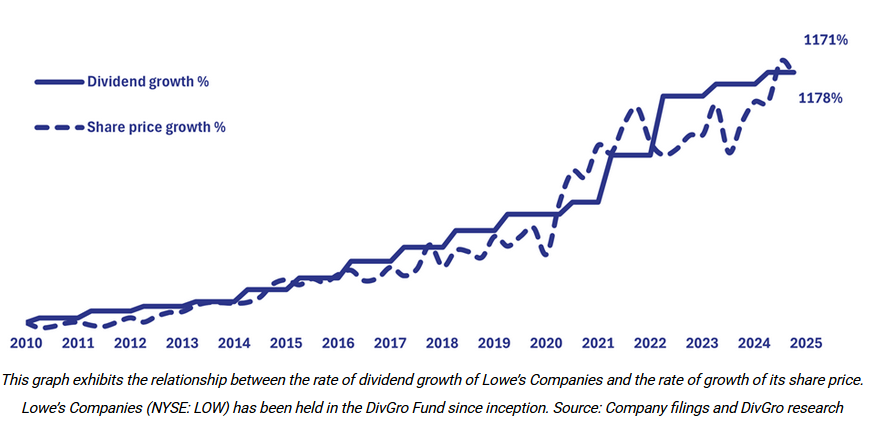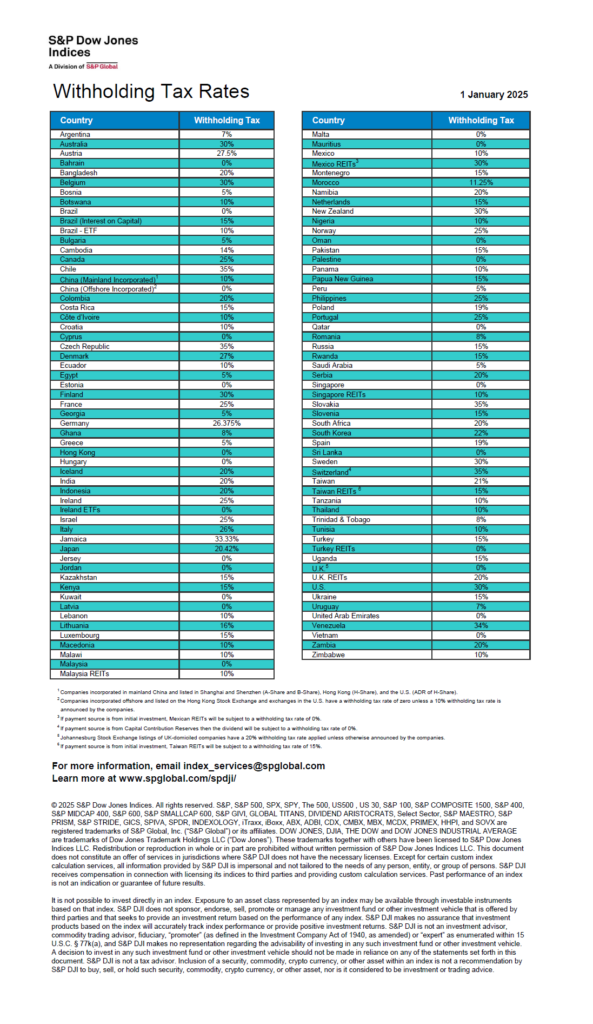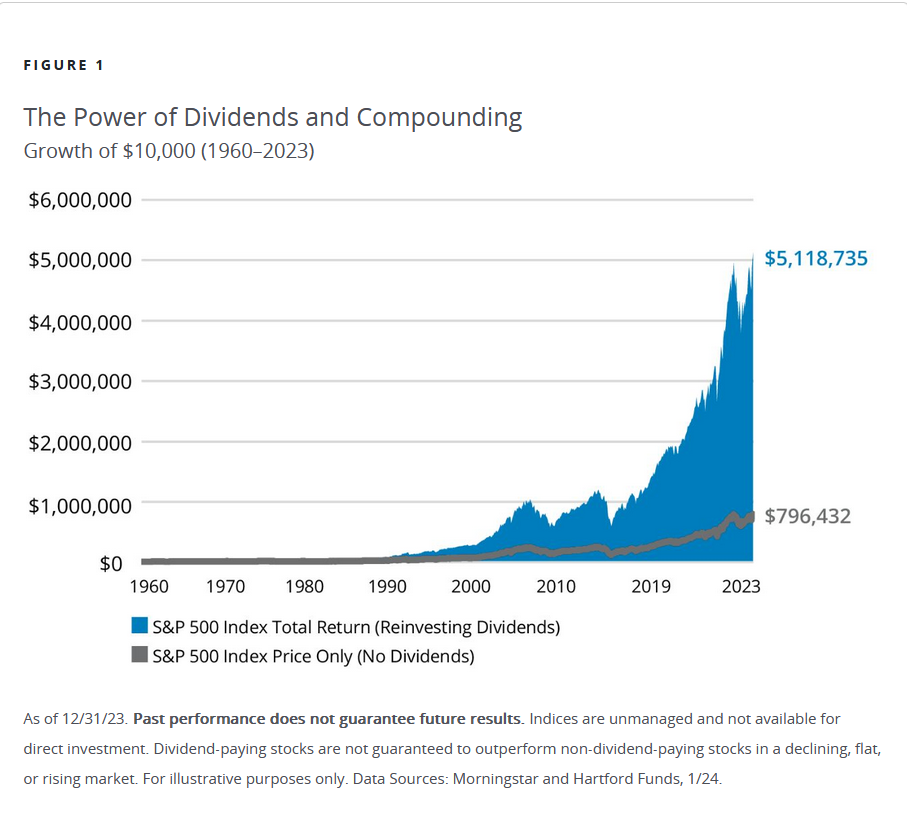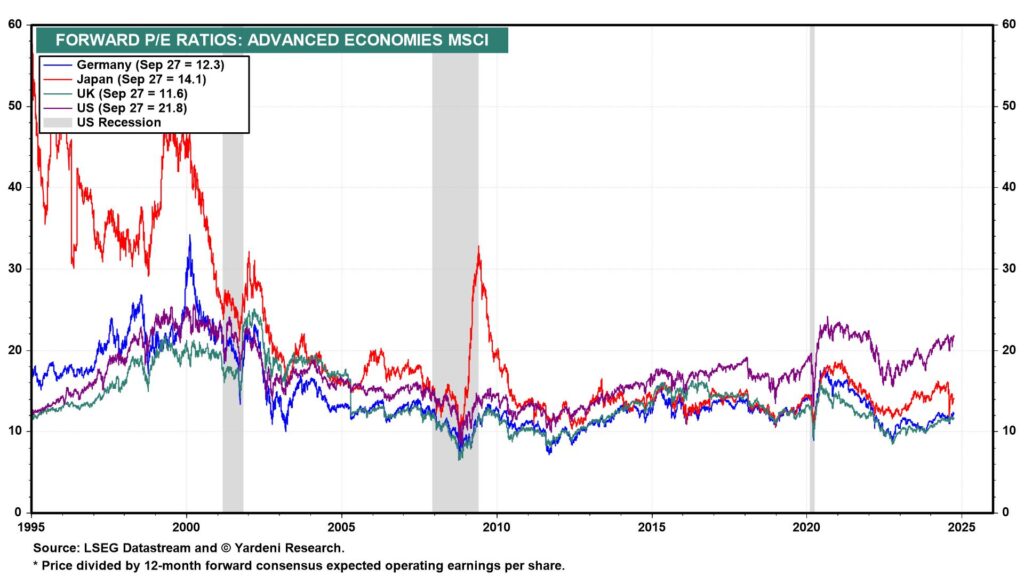One of the issues that investors in NYSE/NASDAQ-listed foreign stocks face is what to do when a company decides to delist from any of these two exchanges. In this post let us discuss some of the options available to deal with this issue:
Why do foreign companies delist from exchanges?
There are many reasons a company can decide to delist. Three of the main reasons are:
1. Lack of trading volumes
US investors may not show enough interest in a foreign company listed on exchanges here. As a result the daily trading volume may be thin. It is not unusual to have trading volumes in the low thousands or even hundreds of shares per day for such stocks. So a company may decide to discontinue listing.
2.High listing fees charged by exchanges
The listing fees charged by NYSE or NASDAQ can run into thousands of dollars. Some companies may find that expense unjustified especially if there is lack of trading volumes. For example, $20,0000 listing fees per year to NYSE may not be worth it if there is hardly any investor interest in the stock.
3.High costs involved in SEC reporting
Overseas companies listed on the US exchanges have to follow the Security and Exchange Commission(SEC)’s regulations and file reports to them periodically. This involves additional work on their accounting and investor relations departments. Some companies may not want to spend on the added resources and deal with the reporting burden.
A couple of options to deal with this situation are discussed below.
1. Company delists its stock from the NYSE or NASDAQ and moves it to the OTC market:
Sometimes a foreign company may decide to delist from the organized exchanges and move to the OTC markets for any of the reasons mentioned above or some other reason. The company may continue to sponsor the ADR program. So trading will continue but just the venue will be different.
In such cases, an investor has the option to hold the stock even if it trades on the OTC. Just the ticker will change to a five letter ticker.
Many large-cap multinationals trade on the OTC markets. Some of them are: Nestle (NSRGY), Roche Holding(RHHBY), Imperial Tobacco Group(ITYBY), DBS Group Holdings (DBSDY),etc. Some of the German companies that moved from exchanges to OTC in recent years include Bayer (BAYRY), BASF Group (BASFY) and Deutsche Telekom (DTEGY).
In January of 2014, Siemens announced plans to delist from NYSE and move to the OTC. Currently it trades on the OTC market with the ticker SIEGY. While listed on the NYSE it traded with the ticker SI.
2. Company terminates its ADR program:
Sometimes a company may just terminate its ADR program for some reason. In such situations the ADR depository will notify ADR holders of the choices to redeem their ADRs. A company may simply terminate the program and payout a specific dollar amount for stockholders to surrender their stocks. Or a company offer the option to convert the ADR into the common stock trading on its domestic exchange in their home country. Very few companies offer this option due to the logistics, tax and other factors involved.
Some firms may decide to terminate its sponsored ADR program but let it trade in the unsponsored category. This decision is made by the ADR depository if there is trading interest and not by the company. Depositories can create unsponsored ADR programs without a company’s consent.
An example of ADR termination notice can be found here for Allied Irish Banks plc.
Updates:
- Bank of Ireland (IRE) ADR is already delisted from the NYSE. The bank’s ADR stopped trading on the NYSE on Feb 12, 2015. More details can be found in this article. However until April 22, the ADR will trade on the OTC market under the ticker IREBY.It will be delisted from the OTC market also effective April 22, 2015. If you hold the ADR, go here for your options.
Since the beginning of the year, some ADRs mainly those trading on the OTC markets have been terminated.
Updated (2/1/21):
From the article What the Delisting of Chinese ADRs Means for Investors at WSJ:
What happens to the value of delisted ADRs? Are they worthless?
The receipts won’t be worthless—effectively they still represent an economic interest in the company. Holders could still collect dividends, for example. But only non-American entities will want to buy the ADRs, which is likely to reduce their value, and they could become difficult to trade and to value.
What can investors do when a stock is going to be delisted?
Investors in the Chinese telecom carriers can sell their ADRs on NYSE before they are delisted or convert them to the Hong Kong-listed ordinary shares. But the U.S. ban also prohibits American investors from buying securities that trade on any exchange anywhere, or even just over-the-counter, so switching into Hong Kong shares might only buy a few months’ respite.
What happens if investors don’t trade in their ADRs?
There is no requirement to sell until November, so investors could hold on until then. In addition, Nicholas Turner, a lawyer at Steptoe & Johnson LLP in Hong Kong, said the Treasury Department was unlikely to focus on individual investors who inadvertently bought into targeted companies. “Assuming that most financial institutions will follow the rules, most U.S. retail investors will simply lose access to opportunities to purchase the securities,” he said.
Institutions that buy blacklisted stocks after Jan. 11 could be penalized. Mr. Turner said the International Emergency Economic Powers Act allows the Treasury to levy fines of more than $307,000 for each violation or twice the value of a transaction, though it often cuts penalties if companies cooperate and make efforts to fix compliance failings.
Related Links:
- ADR Fees: What is it and Why it is Important be Aware of it, TFS
- ADR Fees: 10 Important Things To Know, TFS
- ADR Fees: 5 Additional Important Facts To Be Aware Of, TFS
- What are the American Depositary Receipt (ADR) fees?, DriveWealth
Related Posts:
- FAQs for Companies and Investors (OTC Markets)
Disclosure: No Positions




If the OTC company is bought out then the depository will cancel the ADR stock by asking holders to surrender their ADRs and then paying out the proceeds less any transaction costs and fees. Very rarely would they allow you to convert to the ordinary stock on the domestic exchange. So you may want to find out the depository of the OTC stocks and contact them for help.
Thanks
-David
David
Hi, i know it’s been over 2 years since you replied to this thread but i just have a question.
As of today, Latam airline is delisted from NYSE. I was wondering what were my options
From what i know, 1) wait til latam goes to OTC and see what happens 2) my stocks are basically paper, it doesn’t worth anything and i should just get rid of it from my portfolio for tax reason. Is there anything i can salvage or is it gone?
Thanks
John
Sorry for the delay.
Yes you can wait till it goes to OTC and see what happens there. Since it was already delisted on June 10th currently you have no option but to wait until it trades on the OTC. Then liquidate it at whatever the price you can get and take the tax loss.
Since the airline industry is going to be challenging until this pandemic is over its best to move on. Moreover in Latam’s case they have filed for bankruptcy. So equity holders could easily be wiped out in any reorg.
Currently there is nothing you can salvage since it does not trade anywhere.
Hope this answers your questions. Thanks.
What can I do with the delisted WBK ADS’s I have in a self managed IRA account but can’t them trade since the delisting?
Mellon refers you to its public notice which isn’t clear to be me.
Hi
Please see this post for the details you are looking for:
https://topforeignstocks.com/2022/02/02/westpac-voluntarily-delisted-adrs-from-nyse/
Hi
I hold some Sberbank ADRs and just yesterday they were suspended and then delisted (the exchange called it deletion) from the exchange in germany due to sanctions. I was wondering what my options are at this point.
Thanks
Ok. You have 2 options. Either you convert your ADRs to ordinary shares that normally trade on the Moscow Exchange. In order to do this contact the depository at http://www.adr.com. For each DR you will receive 4 ordinary shares. There will be fees for this conversion. You can also contact the bank’s investor relations department for help at http://www.sberbank.com.
Another option is to wait and see if the ADRs start trading again anytime. Due to the sanctions and current situation it is unlikely to happen anytime soon.
As the Moscow exchange is also closed for 2 days in a row conversion process may not be possible until normal operations resume there.
So best bet is to contact the depository and go from there. Hope this helps.
I own LKOD: https://www.londonstockexchange.com/stock/LKOD/pjsc-lukoil/company-page
It does not show up on the ADR register. How is it different from the other ADRs???
Replied to your question in other posts.
Hola ,Buenos días ,soy accionista de dos compañías las cuales mi broker actual no me brinda una gestión eficiente, por lo les solicito informacion para poder velar por mis intereses de una manera profesional . Comentarles que el primer valor es Petrochina que en la actualidad está en un proceso de conversión de sus ADRs y la segunda es Ferro Nordic ,esta ultima bloqueada según citi por problemas coyunturales.De la primera les remito la solicitud de exclusión de la cotización de los ADS de Petrochina (PTR) ,el comunicado del depositario BNY Mellon y el de la OCC.
También el correo que me envió BNY Mellon informando de cómo proceder y los tiempos para ello .Por último también el de mi corredor bursátil actual .
Por lo que puedo entender la fecha de terminación del programa de ADR fue el 16/10/22 momento que dicho activo se deslista en el NYSE pasando las acciones subyacentes a listarse en el mercado extrabursátil OTC US. ( PCCYF).En esta situación mi broker me informa que debo vender o traspasar dichos ADS ya que ellos no actúan en el mercado asiatico (Hong Kong ).Aun así entiendo que la informacion es erronea ya que segun los terminos del acuerdo del Depositario dispongo varias opciones según mis intereses ,siendo yo como titular el que solicite las mismas y mi corredor el que las gestione, El mecanismo de conversión de los ADR finaliza el 17/10/23 por lo que les solicito informacion a ustedes para saber si dicha conversión en acciones subyacentes y posterior custodia de las acciones ordinarias pueden realizar , así como la posterior gestión de los activos en los mercados de origen y los costes de los mismos .
A continuación le indico los datos :
Petrochina como tenedor de ADS ISIN US71646E1001 CUSIP 71646E100
Petrochina com compañia subyacente ISIN CNE1000003W8
Ferronordic ISIN SE0005468717 CUSIP W3363S132
Any idea how TATA Motors plans to handle their ADR withdrawal?
Should I contact the company directly?
Yes. You have to contact their information agent for surrender of your ADRs and convert to ordinary shares or receive the sale proceeds. Below is the contact details posted by depository Citi:
GEORGESON LLC
IN ITS CAPACITY AS INFORMATION AGENT,
SITUATED AT 1290 AVENUE OF THE AMERICAS,
9TH FLOOR, NEW YORK, NY 10104
OR CALL TOLL FREE ON 866-297-1264 OR EMAIL:
[email protected]
Link:
https://depositaryreceipts.citi.com/adr/common/file.aspx?idf=6178
Hope this helps. Thx.
What happens to CIAN ADRs now that they are being delisted and I’m not allowed to trade on the Moscow exchange? I was never even given the chance to sell which is a highly unfair practice for the stock exchange. It was suspended while the market was closed and never given any warning.
Ok.I think the CIAN ADRs that you are unable to trade on the Moscow Exchange are total loss. Many investors in Russian ADRs got wiped out when they were frozen and then unable to convert to ordinary stocks. So I would it take it as a loss.